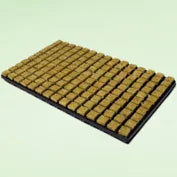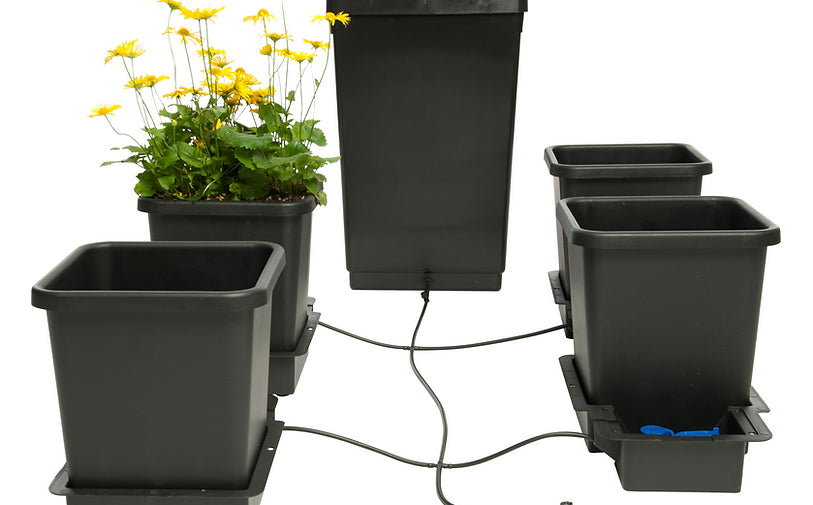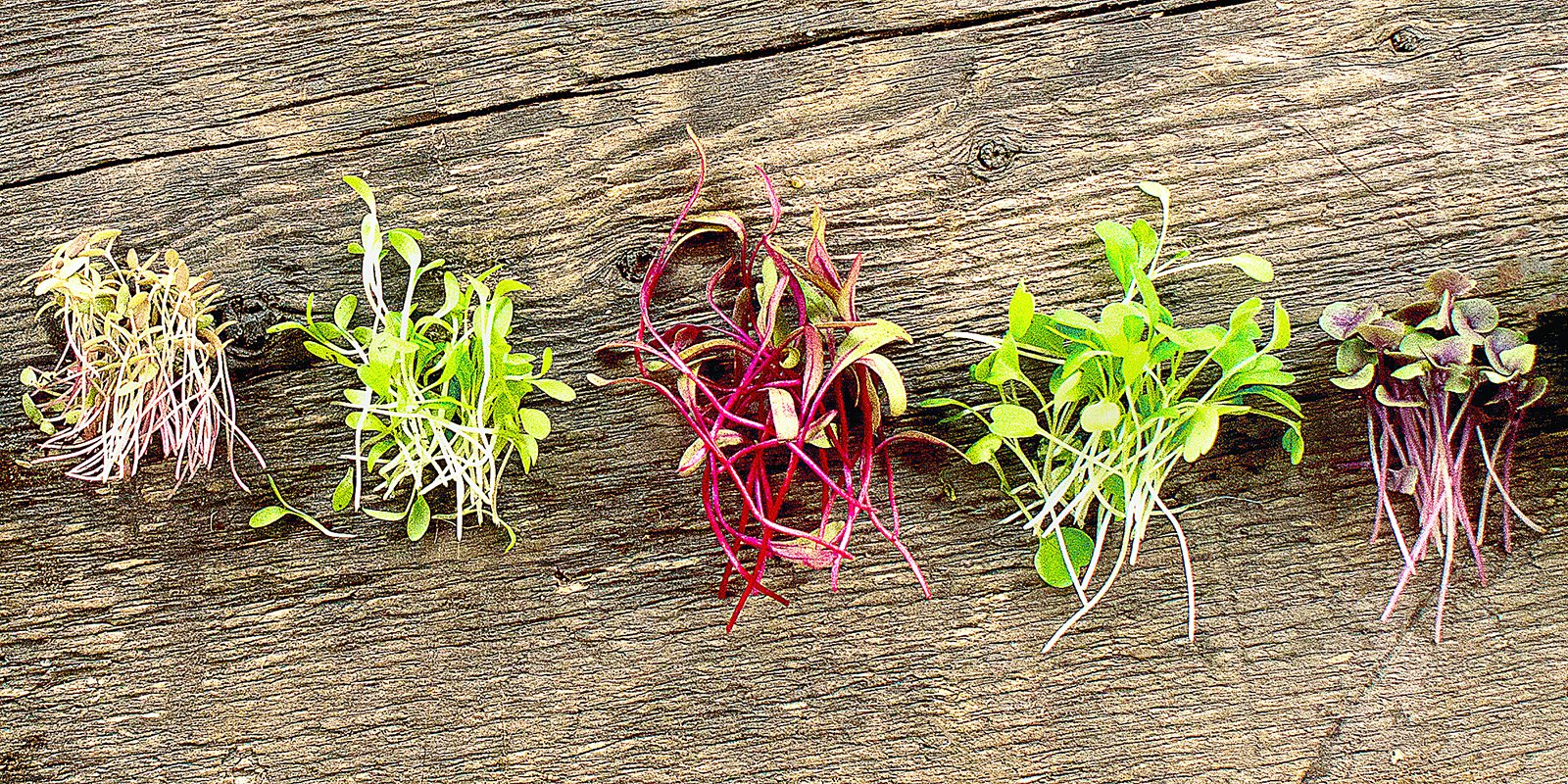
All about Stonewool
Stonewool is a natural mineral product, formed from basaltic rock and chalk melted together and spun into fine fibres. When formed into blocks or cubes it is used as an inert, sterile growing medium for plants, and is particularly useful for seeds and stem cuttings.
PROPERTIES
- The stonewool medium is inert and contains no organic matter, pests or diseases
- All nutrients are added so you control and monitor nutritional needs
- Stonewool is fibrous – excess water drains through the substrate while some is retained at the base of the block. Hence the required hydration and nutrient uptake is maintained
- Air can circulate, oxygenating the roots to encourage healthy root and plant growth
- Stonewool is a warmer growing medium than soil so is ideal for winter growing. Slabs can even be heated
- Suitable for seeds and cuttings, and very cost effective
- Suitable for flowers, vegetables and fruit growing
HOW TO USE STONEWOOL
To prepare for planting, soak stonewool for about an hour in a slightly acidic solution (pH 5.5 – 6.5).
- This is to counter the alkaline nature (pH 7-8) of the stonewool and provide a suitable environment for plant growth.
Seeds can be placed in the indent on the top of the cube.
- Top water using a nutrient solution
- Transplant into soil or a hydroponic system when they are 5 – 7cm tall.
Stem cuttings can be taken from a healthy plant.
- Dip the end in rooting hormone
- Place into the stonewool, then transplant into soil or a hydroponic system when the roots have developed.
Stonewool can be reused as it doesn’t degrade or erode.
- Steam or boil between each use to destroy pathogens that may have been introduced during previous use.
- Treat gently, do not squeeze or squash.
Stonewool will not degrade if disposed of in a landfill.
- Best disposal method is to break it up into very small pieces and distribute it through your garden soil. This will help with water retention and will not harm your plants. Fibres can still be a hazard.
Stonewool is considered a health hazard if care is not taken when handling.
- It has fine fibres which cause irritation to skin, eyes and lungs.
- Always wear gloves and eye protection, and face masks are recommended to avoid skin irritation and the inhalation of dust and fibres.


